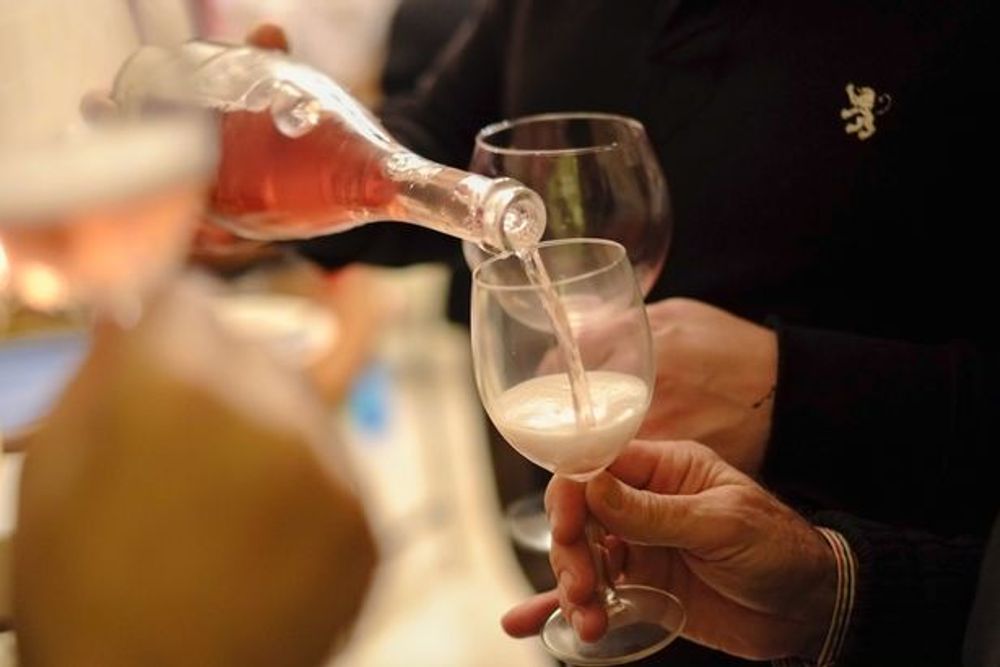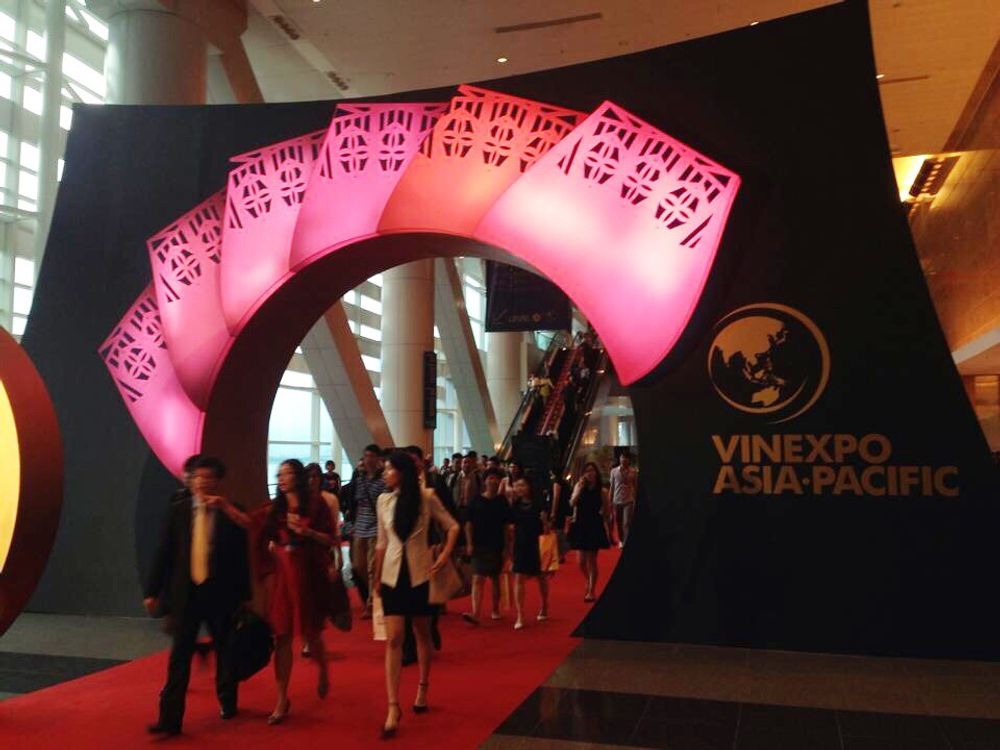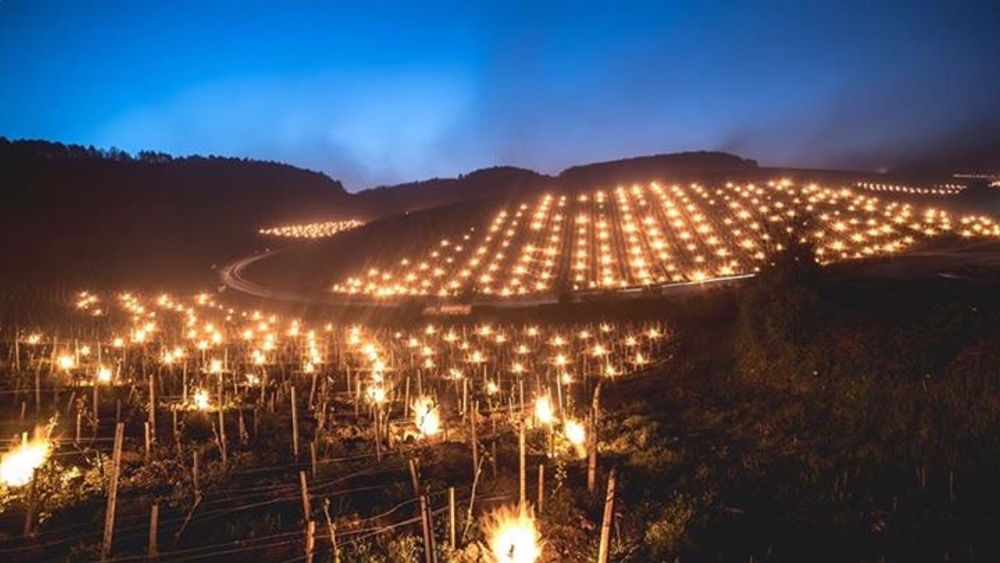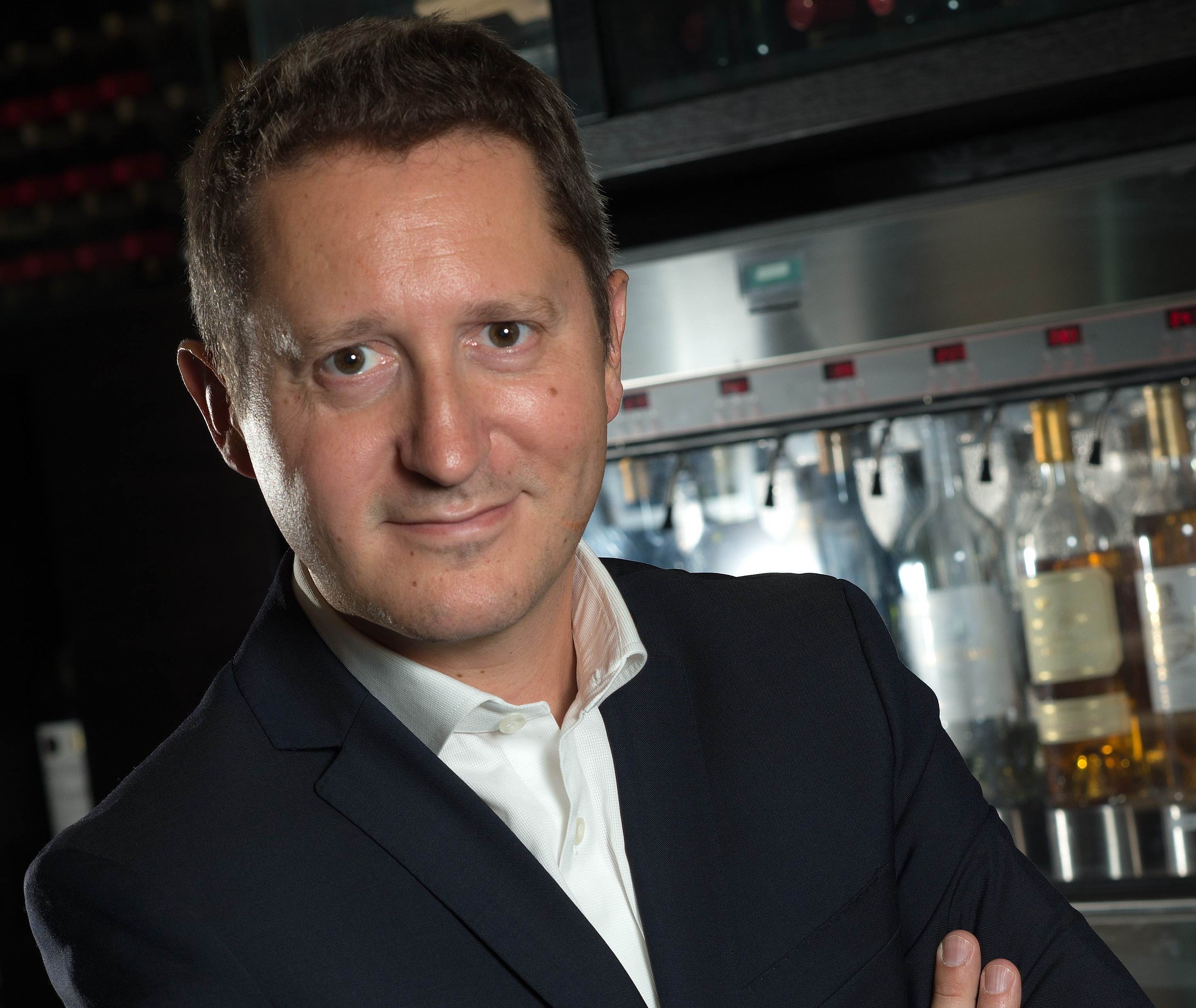Wine is one of the world’s most cross border traded consumer goods – 43% of wine was drunk in a country not of its production in 2016 and according to Vinexpo that globalisation is expected to continue. But with the UK still importing over 98% of the wine it drinks those global trends are going to become even more influential, warns chief executive, Guillaume Deglise.
The UK wine industry vs rest of the world
With large international trade shows in Bordeaux, Hong Kong, New York and soon Paris in 2020, as well as its touring buyers’ event, Vinexpo Explorer, it is only natural that Guillaume Deglise gives an international context and long term view when looking at the opportunities and challenges in any one market. One of the big issues facing the UK, he says, is the loss of volume out of the market over a sustained period, and how far can greater premiumisation of wine make up for the loss.
Vinexpo estimates that the UK market has lost 20% of wine volumes per capita in the last 10 years. A huge drop that has been driven by distinct and long term changes in consumer shopping behaviour.
With China and the US now leading global growth in wine, it does put the UK’s long held position as the centre of the world’s wine trade in question, can it hold on or is slowly going to have to surrender it?
For Deglise the key for the UK market is to ignore premiumisation at your peril. Consumers clearly want to drink better wines and will be prepared to pay more for them, even if they go on to drink less wine. The winners and losers in the sector are going to increasingly come down to how credible any establishment or operator’s choice of wine is, and how they market them. That is going to be critical to how we sell wine that optimises both profit and volume.
The latest IWSR/Vinexpo show that in the UK premiumisation will drive growth by 10.7% over the next five years, whilst volume will decline by 11%.
Future for Champagne

Champagne is outstripping sales of Prosecco in the premium on-trade by four to one
Before taking on the leadership role at Vinexpo, Guillaume comes from a 15 year career working in Champagne. He believes there is still a very positive future for Champagne, despite the huge rise in Prosecco.
“If you ask the consumer to name five Champagne brands and five Prosecco brands, then they will be able to name the former, but not the latter. Prosecco has become the brand name as opposed to Champagne where the region and the brand are important,” he says.
But Champagne, like all other wine categories, is having for the first time to face up to new competition, be it from alternatives drinks in the aperitif sector, or rosé wines which is now an important category in its own right for men and women, he adds.
China’s world influence
According to the latest IWSR/Vinexpo statistics, China’s growth will dominate the rest of the world with value growing by a staggering 39.97% in the next five years. The UK by contrast, second to the US currently in value size, will drop to third largest by 2021.
Should Deglise, who can already speak five languages, perhaps take up Mandarin? Perhaps he should, he says semi-serioulsy, but certainly his daughte
Vinexpo: the Davos of Wine?

Vinexpo’s international leadership role has progressed under Delgise
Deglise has been in the chief executive role at Vinexpo since 2014, joining at a time when the show was going through arguably the roughest patch in its history. His agenda was to re-set it and for it develop and become seen as the ‘Davos’ wine industry.
“It has always been a great meeting place for the industry and the important aspect was to be able to take its customers to the important markets in the world; hence Hong Kong, Tokyo and now New York. Who knows Africa and South America might next, but not before a new Paris Show in 2020,” he says.
Although each expo is different, Bordeaux, Deglise believes, is still the centre of the wine world and it is happy and proud to be based there.
“It is a special experience to be able to experience these historic vineyards at the same time as being able to network at the show,” he adds.
In terms of the significance of the other shows, Hong Kong, he says, is “the leading and only premium wine event in its region, where many brands from all over the world gather”.
“New York opens next month for the first time, having been over-subscribed and having high pre-registration from visitors. And Tokyo is the only single market expo, which because Japan is so unique as a market deserves its own spot. Now there is Paris opening in 2020.”
But does having another French show take the spotlight away from its main Bordeaux event?
“Paris is more about the short-term, whereas Bordeaux is more long-term. When you go to Bordeaux you are thinking about the next five years, in Paris it will be the first show of the year and opportunity to discuss the following year’s campaign.”
Impact of 2017 harvest

Frost was a major problem right across Europe in 2017
As has been widely reported, 2017 was the worst grape harvest for 50 years with serious shortages across Europe, South America, drought affecting South Africa, and only California and Australia having reasonable vintages. Deglise believes consumption will be affected, but it is difficult even at this stage to predict how.
Spirit of Openness – Trump & Brexit
Vinexpo’s strategy, says Deglise, is to promote a “spirit of openness”. But with the imminent issue of Brexit and more protectionist policies of President Trump in the US does Deglise think this will have a knock-on effect on the wine and spirit industry? Not according to its IWSR data which demonstrate the industry is only going to continue to become more global, with demand for domestic wines remaining flat and the growth coming from imported wine right across the board – including and especially in the United States.
Australia on the come back
Australia has been named the Country of Honour ahead of Vinexpo Hong Kong, and Deglise says it is particularly well timed. It also marks a closer alliance with Australia as a whole, and has been one of its targets, and achievements since become chief executive to get Australia back on board with its own activities.
“It is a pleasure to have Australia back in the Vinexpo fold. They have 65 different regions and many different terroirs and varieties. They are producing many lovely and interesting wines,” he says.
Will Alcohol become like tobacco?
With health issues relating to drinking alcohol becoming so much a bigger issue right across the world does Deglise see wine and alcohol going the same way as tobacco in how it is treated, say in 20 years? Deglise doesn’t believe so.
“In France wines and spirits is still the second largest industry after aeronautics and in other countries it takes pride of place such as Argentina. In any current perspective there is no chance of it becoming like tobacco.”
Future of wine brands
Deglise says much of the sector relies on how millennials respond and drink wine in the future. “We don’t really know that now,” he stresses.
“However we do know that millennials are more into craft, organic, limited edition and not in favour of big players. These trends suggest wine will do well.”
Favourite Wines
Deglise is lucky to travel the world and taste many different regions and grape varieties, and is always intersted in trying new wines. However, when he goes home tradition tends to takeover – Burgundy, Champagne (of course), or if his wife is in charge then Spanish becomes the order of the Deglise household.
- Alistair Morrell, aka The Wine Inspector, offers strategic marketing and communications for the drinks industry. Having bought and sold millions of bottles of wine on and for the UK Market over 30 years, Alistair now helps others achieve their market objectives. You can find out more here www.thewineinspector.co.uk and follow him on @inspectorwine. He will be writing a regular monthly column for The Buyer on different aspects of managing, running and building a business.
































